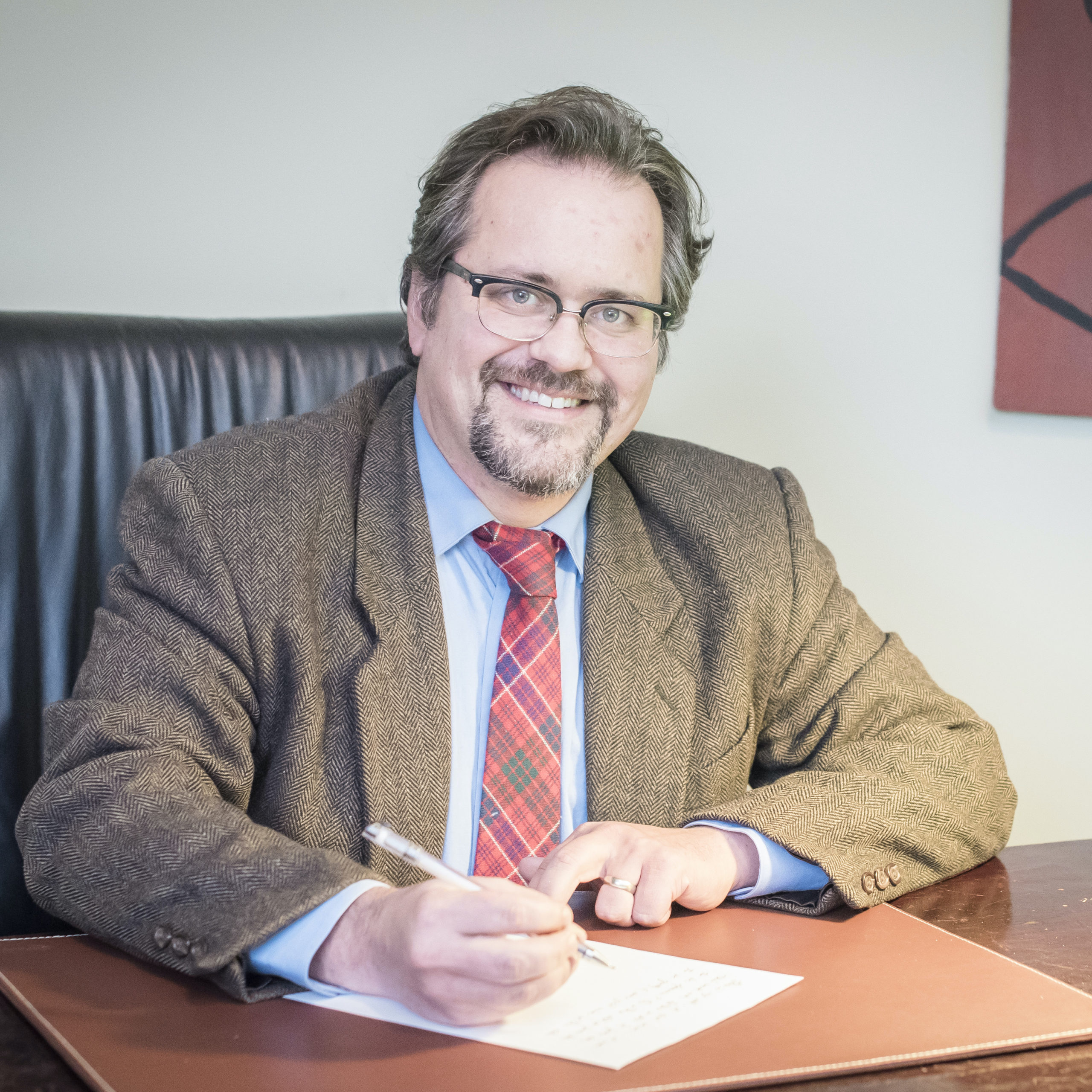Bishop Richard J. Malone of the Diocese of Buffalo is “retiring” a couple of years early.
After seven years of allegedly allowing priests accused of statutory rape and unwanted touching to remain in ministry, after concealing hundreds of pages of damning litigation documents from the public, after being secretly recorded calling an active parish priest a “sick puppy” and talking about a clerical “love triangle” that could “be the end of me as bishop,” after sweeping predatory priests under the diocesan carpet, and after months of outcry for his resignation as a silent accomplice to the crimes of homosexually-active and pedophile priests, the Vatican granted the embattled Bishop Malone to step down before the customary age of 75.
A humble “resignation” instead of a “free and voluntary” decision to “retire” would have been more respectful to abuse victims and more honest in regards to his flock. Despite the semantics, Catholics in the Diocese of Buffalo are relieved to see Bishop Malone step down after mishandling a surge of credible sexual abuse cases. The problems pre-dated Malone’s installation, but it was under his watch that the Diocese of Buffalo became openly riddled with scandal, subject to an FBI probe, and the target of over 200 pending lawsuits. In effect, Malone carried on the diocese’s well-established mode of putting its own interests and reputation over the protection and care of victims of sexual abuse. For that, he has earned an “early retirement.”
Orthodox. Faithful. Free.
Sign up to get Crisis articles delivered to your inbox daily
Bishop Malone promised to reform and resisted resignation, but he was repeatedly shamed by leaks, inactivity, and clumsy coverups, culminating in his own secretary becoming a whistleblower. In his somewhat defensive three-page statement announcing his departure, Malone writes,
I have acknowledged on many occasions the mistakes I have made in not addressing more swiftly personnel issues that, in my view, required time to sort out complex details pertaining to behavior between adults.
Too little, too late. Disappointing is hardly the word when, in the face of such accusations and failures, a Catholic bishop tries to save face instead of acknowledging his fault humbly. Outrageous is a word that comes more readily to mind.
As the Barque of Peter continues to rock in the storm of the clergy sex abuse crisis, the misconduct of weak and even wily bishops is compounded by obfuscations, euphemisms, and silences that are a scandal unto themselves. Without humility, there will be no healing.
❧
After his resignation in 2013, Pope Emeritus Benedict XVI spoke of “divisions in the ecclesial body which besmirch the face of the Church,” echoing an earlier reference of his to the “filth” in the Church. In taking the tiller from Benedict XVI, Pope Francis was called upon to be strong enough to separate the wheat from the chaff from the inside out. Alas.
The humility that the episcopal offices should inspire is precisely the virtue that can bring an end to the sex abuse crisis in the Church, for these corruptions are bred of arrogance. It is in humility that bishops are powerful and can truly protect the Church, even in the darkest times. Since the authoritative structure of the Church has suffered such invasion and impairment, the bishops must effect change by their meekness not so much fundamentally as foundationally.
Though the world would expect such change to involve a remodeling of the Faith to fit modern paradigms, it is a restoration of traditional principles that the Pope and his bishops are called to achieve—even if that means dispensing with some traditional formality and bureaucracy. Judging from Cardinal Bergoglio’s questionable history of opposing the homosexualist agenda of the Argentinian government (he allegedly advocated for civil unions as an alternative to same-sex “marriage”), Pope Francis’s brand of humility is not one that is calculated towards resolute action. While there may be some academic value in “Who am I to judge?”, there are times when harsh judgment from a pope is called for—together with humble resignations from bishops.
Advent is a time for hope, for rising out of the shadows toward the light of Christ. However, the clergy sex abuse scandal is a black fetter that will not easily be broken. Nevertheless, we journey into Advent with Buffalo’s Catholics in hope, recalling the words that Charles Dickens wrote as the Spirit of Christmas Present conversed with Scrooge about clergy abuses in 1843:
There are some upon this earth of yours… who lay claim to know us, and who do their deeds of passion, pride, ill-will, hatred, envy, bigotry, and selfishness in our name, who are as strange to us and all our kith and kin, as if they had never lived. Remember that, and charge their doings on themselves, not us.
Photo credit: Catholic News Agency
